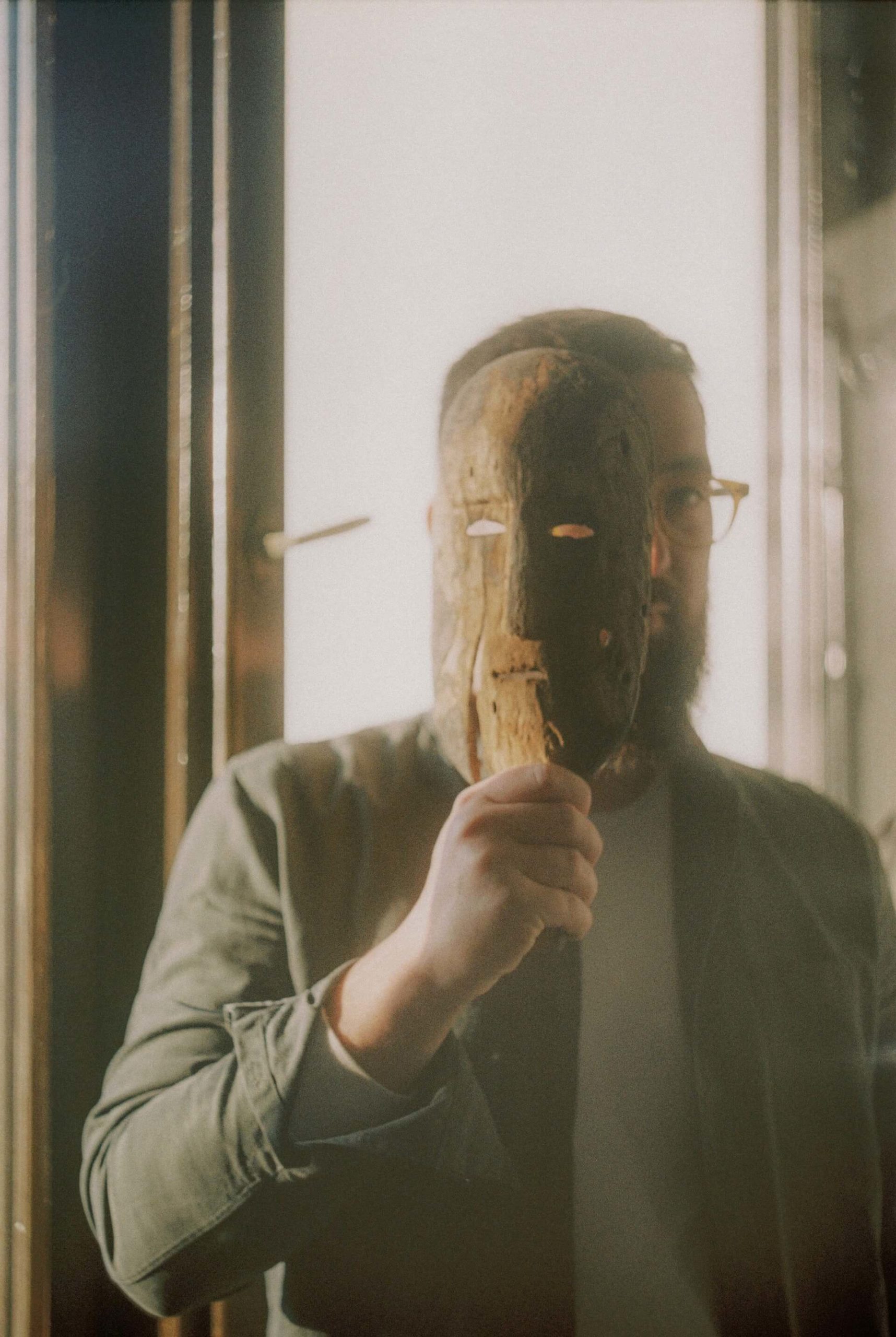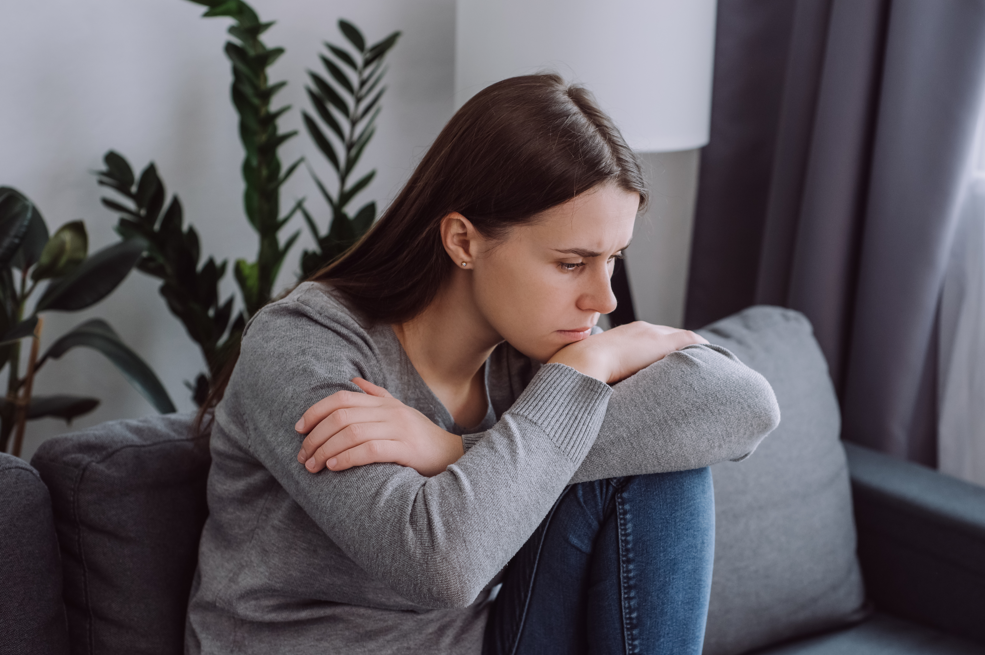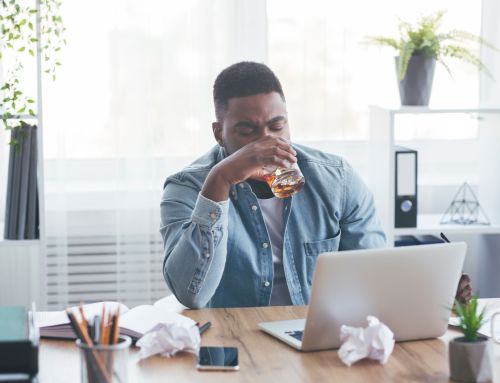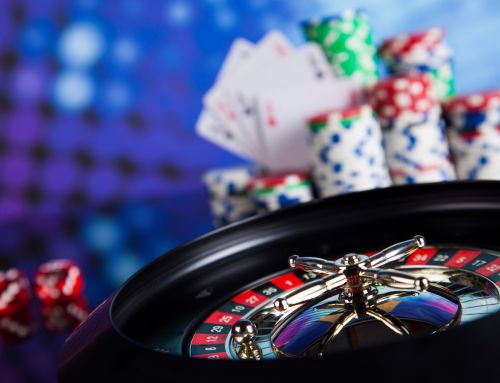
Alcohol and bipolar disorder have anything but a harmonious relationship. In fact, they can better be described as a chaotic pair, perhaps even a dangerous duo. Few mental health disorders are as closely associated with alcohol abuse as bipolar disorder. Even on its own, bipolar can be a difficult diagnosis to handle and when paired with substance abuse of any kind, treatment, and recovery can certainly become arduous. But, why is this the case, and how should people handle it? North Jersey Recovery Center understands that offering dual diagnosis treatment is critical to providing services for those seeking addiction treatment in Bergen County and the surrounding areas, especially for serious co-occurring disorders like alcoholism and bipolar.
The Relationship Between The Two
Bipolar is already taxing enough on its own. As a matter of fact, almost 6 million adult Americans or 2.6% of the population, is affected by the disorder. Addiction to alcohol and bipolar disorder are very commonly present together. Some studies have found that the majority of individuals with bipolar disorder will develop an alcohol use disorder of some kind, during their lives. Certain estimates have suggested that up to 43% of individuals with bipolar disorder have some form of an alcohol use disorder at any given time. A lot of people buy into the fallacy that bipolar disorder denotes that someone can experience happiness in one moment and complete sadness or anger in the next. Almost as if someone turned on a switch.
The fact of the matter is that this is the furthest from the realm of truth. Some of these feelings will occur, but there is so much more to it for each individual who is suffering. People who are plagued with bipolar disorder often feel out of control or out of touch with their lives. Unsure of what to do or how to feel when an episode happens, makes turning to alcohol a very appealing catharsis in relieving these mind-altering symptoms. Alcohol helps calm nerves, especially in social settings. It can possibly alleviate those from their bipolar symptoms temporarily, but it will also increase chances of worsening the disorder later on.
Types Of Bipolar Disorder
Since bipolar disorder has varying degrees of intensity, it justifies the classification of the different types of disorders. They are as follows:
- Bipolar I Disorder: Bipolar I is a very intense state of the illness. A mixed state of mind typically occurs in this type of disorder with strong feelings of euphoria or excitement. Only, this stage of happiness quickly deteriorates as it is accompanied by extreme sadness and an overwhelming sense of depression. Bipolar I is typified by mania– a state where affected individuals may not be able to accurately interpret the world around them.
- Bipolar II Disorder: Bipolar II is a less intense state than Bipolar I, but it still comes with the burden of extreme feelings. The disorder similarly causes elevated moods of joy, but it never progresses to the full-blown mania stages like with Bipolar I disorder. What happens instead is something known as hypo-mania, where affected individuals can experience intense emotions, but will not usually lose touch with reality. Since depression is at the epicenter of the illness, it is commonly misdiagnosed as depression, which is how the term “manic depression” was coined.
- Not Otherwise Specified (NOS): This one is much more difficult to unpack. NOS is riddled with sporadic patterns of behaviors and feelings, and they do not fit into specific labels of the illness, ultimately lacking an efficient means to classify a similar disorder. The term has since been replaced by two other terms– “other specified” and “unspecified”, still accepting an inability to fit into any category of bipolar disorder.
- Cyclothymia: Cyclothymia is best described as a mild form of bipolar disorder. It still carries frequent up and down feelings, but it provides a more stable balance in feeling normal between the minor disruptive feelings.
- Rapid Cycling: Rapid cycling can make you feel out of control as if your feelings are twisting and turning, much like a never-ending roller coaster. Diagnosed as four or more occasions of mania, hypomania, or depressive episodes a year, rapid cycling can cause mood swings that come out of nowhere, making patients feel as if they have lost their grip on their emotions. With rapid cycling, indicators include spiraling excessive episodes that are followed by stabilized feelings for a bit of time, until the next cycle occurs.
Mixing Alcohol And Bipolar Disorder
Alcohol is known for augmenting bipolar disorder due to its calming effects. It acts similarly to some medications, risking feelings of depression with each shot that you take. Alcohol also exacerbates the severity of mania, and many sufferers find this to be extremely pleasurable. But by that same token, alcohol is capable of increasing the negative effects of bipolar disorder in each direction, adding more flame to the fire from the more you consume. Drinking on bipolar medication can turn one drink into several, especially if you are getting inebriated on an empty stomach. The substance can destabilize bipolar, causing your emotions to get lost in that glass or bottle you just downed. Additionally, you are throwing the idea of developing healthy coping skills out the window. So, instead of finding a creative outlet or regime to treat your ongoing symptoms, your first instinct is to self-medicate with alcohol. The longer you maintain these habits, the more likely you are to develop an alcohol use disorder, which is firmly asserted in this study published by the National Institute on Alcohol Abuse and Alcoholism.
What Causes Bipolar Sufferers To Drink?
For patients seeking addiction treatment in Bergen County for co-occurring disorders, their reasons for developing a habit could vary, meaning, it looks different from person to person. Lots of people are in the mindset of “if it makes me feel good, there is no reason to stop.” Despite the blurred nights and the debilitating hangovers that lead to mixed feelings of intensity once the alcohol leaves the body, a plethora of bipolar individuals will still choose to drink. The relaxed feelings and the influx of mania far outweigh the negatives (in their mind). The higher the high alcohol would bring, the lower the low a bipolar person’s mood would project onto everyday life, yet for some, it’s all worth it. Alcohol eases the anxiety between the crazy feelings and the ups and downs that are brought about from bipolar. Mild drugs don’t seem to make the cut for managing the symptoms of the BD community, and very often, the symptoms of most medications are so extreme that they would rather self-medicate and deal with the ramifications.
Alcohol And Bipolar Disorder Treatment
When it comes to addiction treatment in Bergen County and the nearby areas, our team will typically treat alcohol use disorder (AUD) and bipolar disorder separately. But, it is almost always better to treat the dual diagnosis at the same time, rather than have the untreated illness bring back symptoms of the one that received treatment. Although more research needs to be had for treating both of these disorders simultaneously, therapy is a successful factor for any disorder. Learning to deal with bipolar disorder the right way can influence smarter choices, like remaining abstinent from alcohol.
Fanning The Flames With Addiction Treatment In Bergen County
Are you or a loved one struggling with addiction to alcohol and bipolar disorder? Many of our inpatient and outpatient programs at North Jersey Recovery Center help patients deal with both disorders. Contact our treatment provider to discuss the next steps for addiction treatment in Bergen County.






